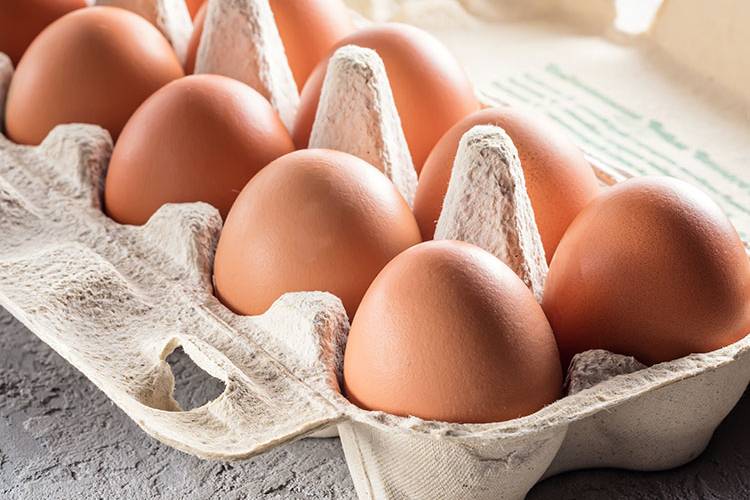How do you know if an egg has gone off?
Here's a handy, simple trick to quickly detect if an egg has gone off - find out!
fresh food
Share

The egg is one of the most complete foods available and also one of the most consumed throughout the world. It is used for sweet and salty dishes and can be prepared in a thousand ways: fried, boiled, tortilla, scrambled, poached... This versatility and its rich nutritional content make eggs an essential item in the refrigerators of most homes.
Sometimes, especially when eggs are placed out of their original packaging, we may have doubts about whether the egg might be out of date. Remember that if an egg is stored too long without being consumed, if it is subjected to sudden changes in temperature, or if it is not stored at the right temperature and in the right humidity conditions, it may spoil and not be suitable for consumption. Consuming a bad egg can produce dangerous poisoning, especially in the hotter months. So when in doubt, it is better to make sure the egg has not gone off. How? With this simple trick, you will know if an egg has gone off or if it is fit for consumption.
Consuming a bad egg can produce dangerous poisoning, especially in the hotter months

How do you know if an egg has gone off?
To find out if an egg has gone off just fill a glass with water and put the egg in it. Depending on whether it sinks or floats, it will mean one thing or another:
- If the egg sinks quickly and remains horizontal, this means that the egg is fresh.
- If it sinks slowly but remains on the bottom in an upright position, the egg is not fresh but can still be consumed.
- If the egg doesn't sink and floats on the surface, it has gone off. The gases generated by the organic matter when it decomposes cause the egg to float, so it's best to throw it away.
There are other tricks to find out if an egg has gone off, by looking at it and even by listening. If, when the shell is broken, the yolk is hard and well defined and the white also has well defined limits, the egg is fresh. The more watery the white, the less fresh the egg is, although it can still be consumed. Another option to check if an egg has gone off is to bring it close to your ear and shake it. If you can hear the yolk hit the shell, the egg is bad.
If you can hear the yolk hit the shell, the egg is bad.
When is an egg considered fresh?
The hen lays the egg in week 0, after week 3 the eggs should be removed from sale, the eggs expire by date of labelling in week 4 (they begin to lose their organoleptic properties) and caution must be taken when consuming these from week 6.
With regard to the freshness of an egg intended for human consumption in certain countries, such as in the member states of the European Union, 'fresh eggs' are those eggs that are intended for consumption within 28 days of being laid by the hen. The designation 'extra fresh' limits this period to only nine days.
You have doubts? Buy fresh eggs!






